This year, the world of marketing is witnessing a remarkable transformation with the advent of cutting-edge marketing automation tools. These tools revolutionize the way businesses reach their target audience, streamline their processes, and drive growth. Marketing automation tools, often referred to as marketing robots, simplify complex marketing tasks and make them more efficient.

Marketing automation tools and platforms revolutionize campaigns by enhancing efficiency and precision. Seamlessly integrate data automation tools for accurate insights. Streamline lead nurturing, personalized content, and customer engagement. Achieve higher conversions and ROI, while saving time and resources. Elevate your marketing strategies with the power of automation.
Today, we will explore the seven best marketing automation tools and platforms that can help businesses thrive in the dynamic landscape of digital marketing. So, let’s dive into the world of marketing automation tools and discover how they can empower businesses to achieve success with ease and precision.
- HubSpot Marketing Automation
- Mailchimp: Simplifying Marketing Automation Efforts
- ActiveCampaign: Powering Effective Marketing Automation
- Marketo Engage: Driving B2B Marketing Automation Excellence
- Pardot: Empowering B2B Marketing Automation Excellence
- GetResponse: Simplifying Marketing Automation Efforts
- ConvertKit: Empowering Content Creators with Marketing Automation Tools
- Keap: Simplifying Small Business Marketing Automation
- Sendinblue: Simplifying Marketing Automation for Businesses
- LeadSquared: Empowering Marketing Automation for Businesses
- Key Features:
- Pros:
- Cons:
- Pricing Options:
- Factors to Consider When Choosing Marketing Automation Tools
- Conclusion
HubSpot Marketing Automation

HubSpot Marketing Automation is one of the leading marketing automation tools available in the market. It empowers businesses with a comprehensive suite of features that enhance their marketing strategies, improve customer engagement, and drive growth. Let’s explore the key features, pros, cons, and pricing options of HubSpot Marketing Automation.
Key Features:
HubSpot Marketing Automation offers a wide range of features to streamline your digital freelance marketing efforts and maximize efficiency. With its intuitive interface and user-friendly tools, businesses can easily create targeted campaigns, nurture leads, and analyze their marketing performance. Key features include:
- Email Marketing: Create and automate personalized email campaigns to engage with your audience effectively.
- Social Media Scheduling: Schedule and publish social media posts across various platforms to maintain an active presence.
- Lead Scoring: Identify and prioritize leads based on their engagement and behavior, ensuring efficient lead management.
- CRM Integration: Seamlessly integrate with the HubSpot CRM to streamline sales and marketing alignment.
- Analytics and Reporting: Gain valuable insights into your digital marketing service performance with in-depth analytics and customizable reports.
Pros:
HubSpot Marketing Automation offers several advantages for businesses seeking to enhance their marketing efforts:
- All-in-One Platform: HubSpot provides a comprehensive suite of marketing tools, eliminating the need for multiple software solutions.
- User-Friendly Interface: The intuitive interface makes it easy for users of all skill levels to navigate and utilize the platform effectively.
- Automation Capabilities: Automate repetitive marketing tasks, such as email campaigns and lead nurturing, saving time and effort.
- Extensive Integrations: HubSpot seamlessly integrates with various third-party applications, expanding its functionality.
- Community and Support: Join a vibrant community of marketers and access extensive support resources, including documentation, forums, and training materials.
Cons:
While HubSpot Marketing Automation offers numerous benefits, there are a few considerations to keep in mind:
- Pricing: HubSpot’s pricing can be relatively high, especially for small businesses with limited budgets.
- Learning Curve: While the platform is user-friendly, some features may require a learning curve for users who are new to marketing automation.
- Limited Customization: Advanced customization options may be limited, restricting businesses with specific requirements.
- Complexity for Larger Organizations: Some larger organizations may find the platform’s scalability and complexity challenging to manage effectively.
Pricing Options:
HubSpot Marketing Automation offers various pricing plans based on your business needs:
- Free: The Free plan includes basic features, ideal for startups or businesses with limited marketing requirements.
- Starter: Starting at $45 per month, the Starter plan offers additional features and is suitable for small businesses.
- Professional: Priced at $800 per month, the Professional plan provides advanced features for growing businesses.
- Enterprise: The Enterprise plan, starting at $3,200 per month, offers extensive functionality and scalability for large organizations.
Mailchimp: Simplifying Marketing Automation Efforts
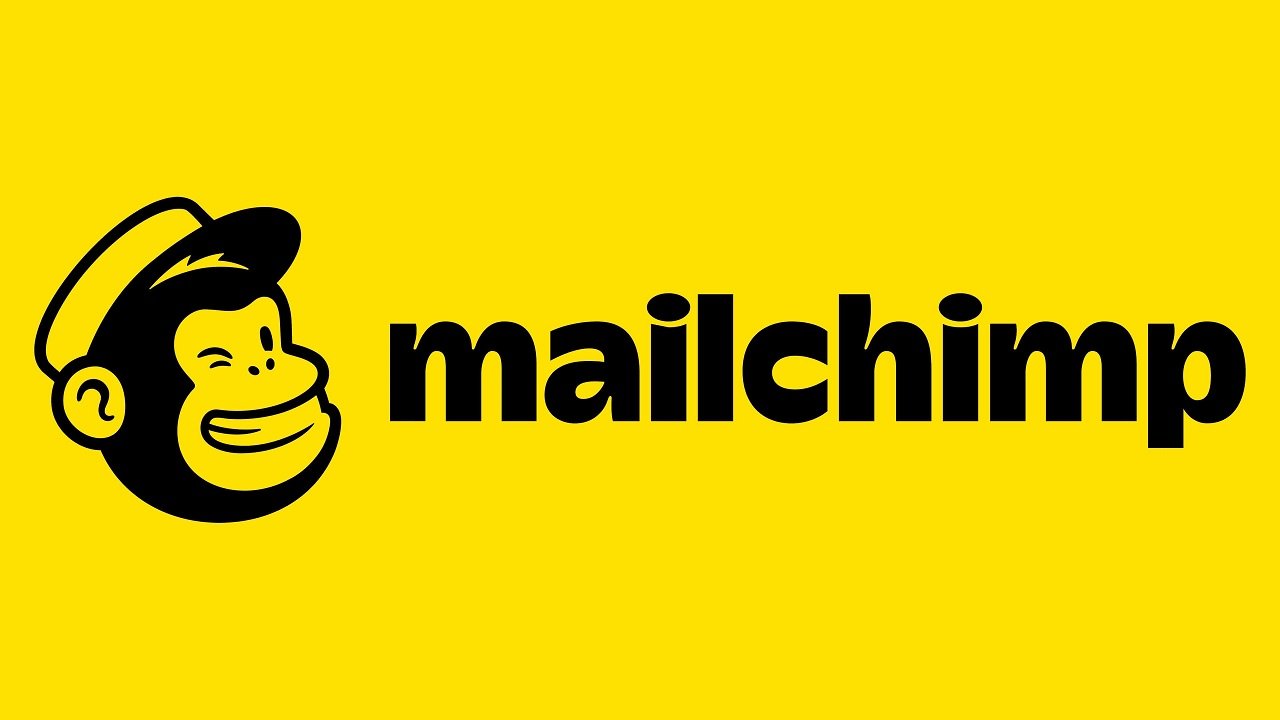
Mailchimp is a popular and user-friendly application in content marketing automation tools that empowers businesses to streamline their marketing efforts and connect with their audience effectively. Let’s explore the features, pros, cons, and pricing options of Mailchimp.
Key Features:
Mailchimp offers a range of features that make it an ideal choice for businesses looking to automate their marketing processes:
- Email Marketing: Create and send personalized email campaigns to engage with your subscribers.
- Landing Page Creation: Design and launch landing pages to capture leads and drive conversions.
- Audience Segmentation: Divide your audience into segments based on specific criteria for targeted messaging.
- Marketing CRM: Manage your contacts, track their interactions, and nurture leads through the sales funnel.
- Automation Workflows: Build automated workflows to send timely, relevant messages to your subscribers.
- Analytics and Reporting: Gain insights into your campaign performance with detailed analytics and reports.
Pros:
Mailchimp offers several advantages for businesses seeking user-friendly marketing automation tools:
- Easy-to-Use Interface: Mailchimp’s intuitive interface makes it accessible to users of all skill levels.
- Extensive Template Library: Choose from a wide range of pre-designed templates for emails and landing pages.
- Integration Options: Seamlessly integrate Mailchimp with other popular platforms, such as e-commerce systems and CRMs.
- Automation Capabilities: Automate repetitive tasks and workflows to save time and improve efficiency.
- A/B Testing: Test different variations of your campaigns to optimize performance and increase engagement.
Cons:
While Mailchimp is a popular choice, there are a few considerations to keep in mind:
- Pricing Tiers: As your subscriber list grows, the pricing can become relatively higher.
- Limited Customization: Advanced customization options may be limited, restricting businesses with specific requirements.
- Complexity for Advanced Users: Some experienced marketers may find the platform’s functionalities lacking in advanced features.
Pricing Options:
Mailchimp offers various pricing plans based on the number of subscribers and the features you require:
- Free: The Free plan includes basic features and allows up to a certain number of subscribers.
- Essentials: Starting at $9.99 per month, the Essentials plan offers additional features for growing businesses.
- Standard: Priced at $14.99 per month, the Standard plan provides advanced functionality, including automation and retargeting options.
- Premium: The Premium plan, starting at $299 per month, offers advanced features, including advanced segmentation and multivariate testing.
ActiveCampaign: Powering Effective Marketing Automation
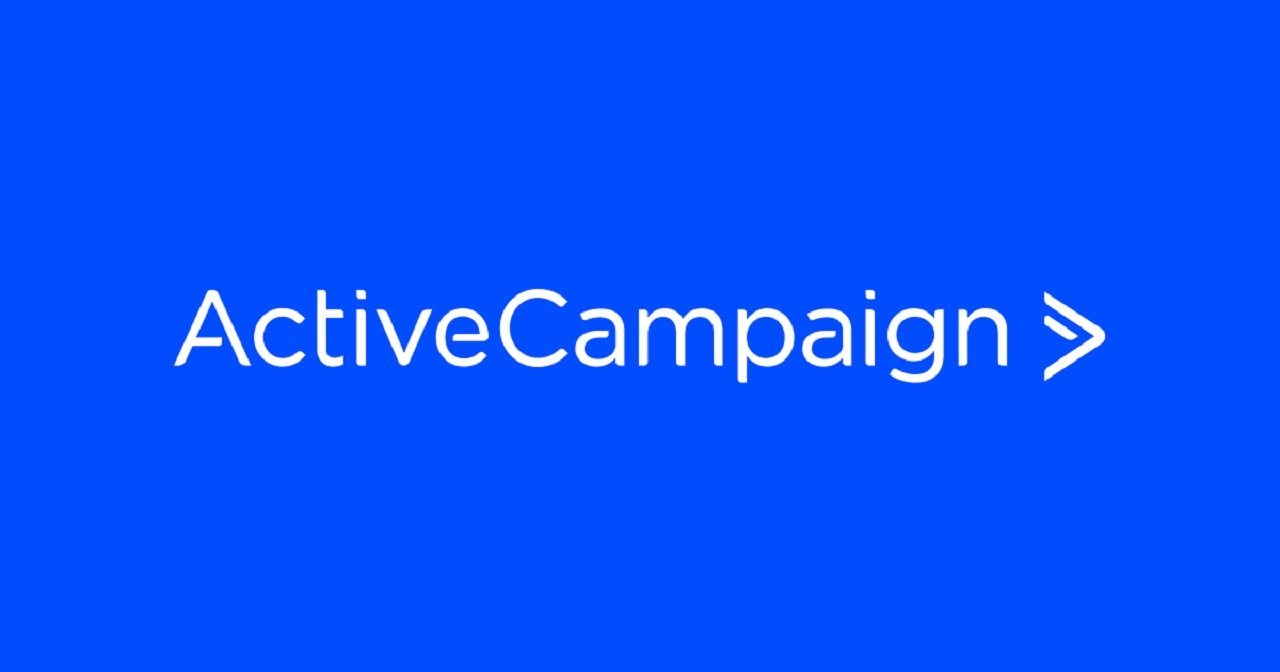
ActiveCampaign is a powerful software in marketing automation tools that cater to businesses of all sizes, offering a comprehensive suite of features to enhance marketing strategies and drive growth. Let’s explore the features, pros, cons, and pricing options of ActiveCampaign.
Key Features:
ActiveCampaign provides a range of features that streamline marketing automation efforts:
- Email Marketing: Create personalized email campaigns with customizable templates and advanced segmentation.
- Behavior Tracking: Track and analyze user behavior to deliver targeted and relevant marketing messages.
- Lead Scoring: Assign scores to leads based on their engagement and prioritize follow-up actions.
- CRM Integration: Seamlessly integrate with popular CRMs for enhanced lead management and customer insights.
- Marketing Automation Workflows: Build automated workflows to engage with customers at different stages of the sales funnel.
- LSI Keyword Analysis: Analyze and optimize content using LSI keywords for improved search engine visibility.
Pros:
ActiveCampaign offers several advantages for businesses seeking robust marketing automation tools:
- Advanced Automation Capabilities: Create complex automation workflows based on customer behavior and interactions.
- Personalization and Segmentation: Deliver highly targeted messages based on user preferences and actions.
- Integrations and APIs: Seamlessly connect with various third-party applications and systems to expand functionality.
- Predictive Analytics: Utilize AI-powered analytics to gain insights and make data-driven marketing decisions.
- Customer Support: ActiveCampaign provides responsive customer support to assist users with any inquiries or issues.
Cons:
While ActiveCampaign is a powerful solution in marketing automation tools, there are a few considerations to note:
- Learning Curve: Due to its extensive features, there may be a learning curve for new users.
- Pricing: active campaign pricing may be relatively higher for smaller businesses or startups.
- Complexity for Beginners: Beginners may find the range of features overwhelming, requiring time to master.
Pricing Options:
ActiveCampaign offers various pricing plans to cater to different business needs:
- Lite: Starting at $9 per month, the Lite plan includes essential features for small businesses.
Plus: Priced at $49 per month, the Plus plan offers additional functionality, including CRM and lead scoring.
Professional: Starting at $129 per month, the Professional plan provides advanced features for growing businesses.
Enterprise: The Enterprise plan offers advanced functionality and custom pricing for larger organizations.
Marketo Engage: Driving B2B Marketing Automation Excellence
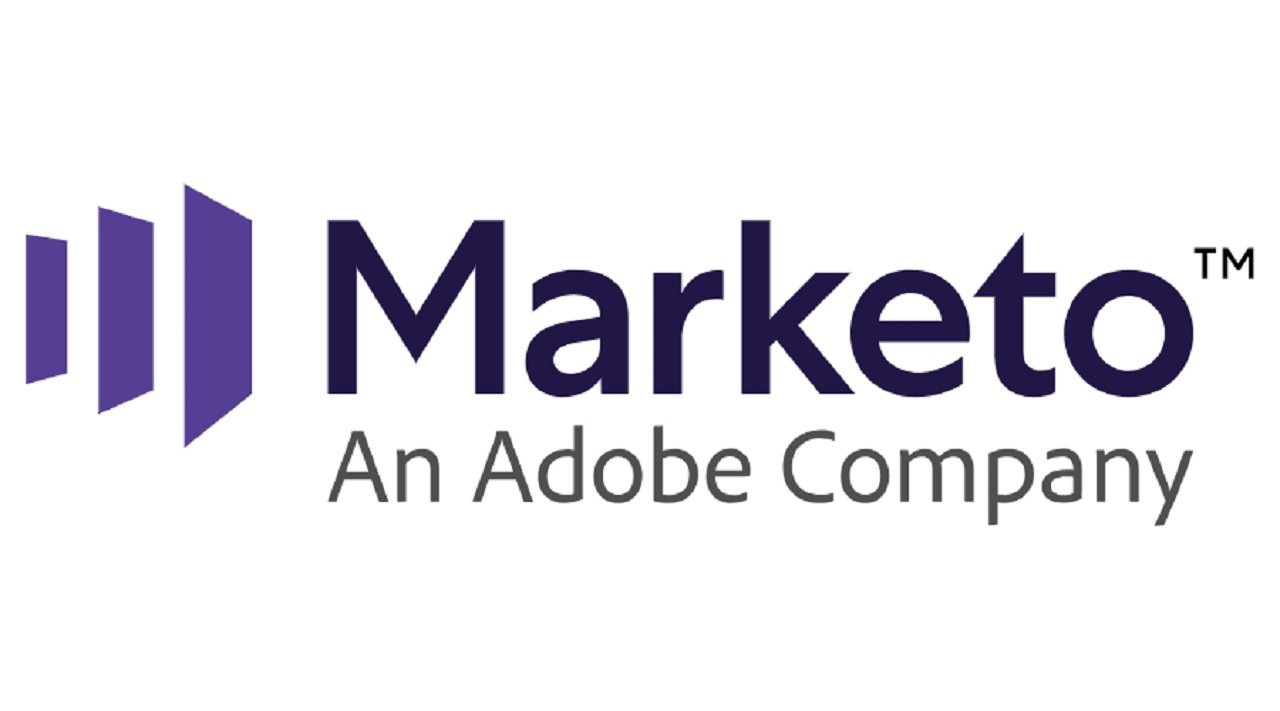
Marketo Engage is a comprehensive software for marketing automation tools designed specifically for B2B marketers. With a wide array of features, Marketo Engage empowers businesses to create engaging customer experiences across multiple channels and drive conversions. Let’s explore the features, pros, cons, and pricing options of Marketo Engage.
Key Features:
Marketo Engage offers a robust set of features to streamline B2B marketing automation efforts:
- Lead Management: Capture, nurture, and manage leads effectively throughout the sales funnel.
- Email Marketing: Create personalized email campaigns, A/B tests, and track email performance.
- Multi-Channel Campaigns: Engage with prospects across various channels, including email, social media, and mobile.
- Account-Based Marketing (ABM): Target high-value accounts with personalized campaigns and track their engagement.
- Analytics and Reporting: Measure campaign performance, track ROI, and gain actionable insights for optimization.
- LSI Keyword Analysis: Conduct in-depth keyword analysis for content optimization and improved search visibility.
Pros:
Marketo Engage offers several advantages for B2B marketers seeking effective marketing automation tools:
- Comprehensive Platform: Marketo Engage provides a wide range of features to cover various aspects of B2B marketing.
- Scalability and Flexibility: The platform can scale your business and adapt to evolving marketing needs.
- Integration Capabilities: Seamlessly integrate with popular CRMs and other business systems for enhanced efficiency.
- Account-Based Marketing Focus: Marketo Engage offers robust ABM capabilities for targeting key accounts effectively.
- Community and Resources: Access a supportive community and extensive resources, including training materials and forums.
Cons:
While Marketo Engage offers significant benefits, there are a few considerations to keep in mind:
- Learning Curve: The platform may have a steeper learning curve due to its extensive feature set.
- Pricing: Marketo Engage can be relatively expensive, especially for smaller businesses or startups.
- Complexity for Beginners: Beginners may require time and effort to fully harness the platform’s capabilities.
Pricing Options:
Marketo Engage offers flexible pricing options based on your business requirements:
- Pricing by Request: Marketo Engage offers custom pricing tailored to your specific needs.
- Enterprise-Level Plans: Marketo Engage caters to enterprise-level businesses, which may involve higher pricing tiers.
Pardot: Empowering B2B Marketing Automation Excellence
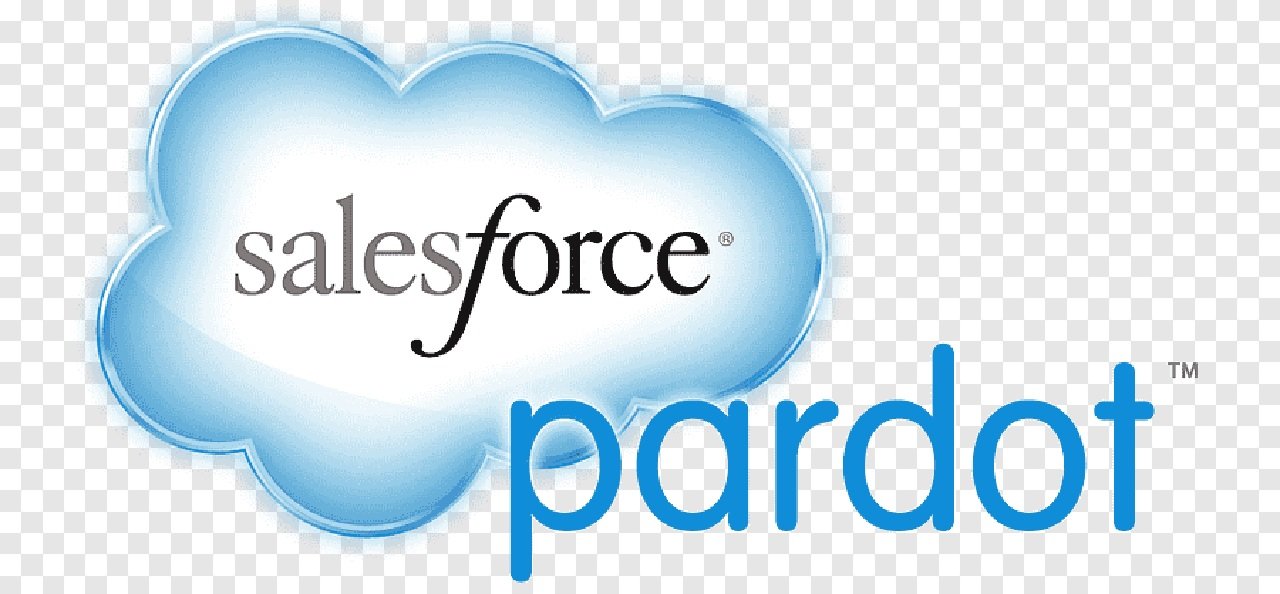
Pardot, a Salesforce product, is a leading application in marketing automation tools specifically designed for B2B marketers. With its comprehensive set of features, Pardot enables businesses to streamline their marketing efforts, engage with their target audience, and drive conversions. Let’s delve into the features, pros, cons, and pricing options of Pardot.
Key Features:
Pardot offers a wide range of features tailored to the needs of B2B marketers:
- Email Marketing: Create personalized email campaigns, automate drip campaigns, and track email performance.
- Lead Nurturing: Develop targeted campaigns to nurture leads at every stage of the sales funnel.
- ROI Reporting: Measure campaign performance, track lead attribution, and gain insights for optimization.
- CRM Integration: Seamlessly integrate with Salesforce CRM for enhanced alignment between sales and marketing.
- AI-Powered Analytics: Leverage predictive analytics to identify high-quality leads and optimize marketing efforts.
- LSI Keyword Analysis: Conduct in-depth keyword analysis to optimize content and improve search visibility.
Pros:
Pardot offers several advantages for B2B marketers seeking effective marketing automation tools:
- Seamless Salesforce Integration: Pardot integrates seamlessly with Salesforce CRM, allowing for streamlined data management.
- Account-Based Marketing Focus: Pardot provides robust features for account-based marketing, allowing businesses to target key accounts effectively.
- Advanced Lead Nurturing: Develop personalized and targeted nurturing campaigns to guide leads through the sales funnel.
- Customizable Dashboards: Create custom reports and dashboards to track key metrics and measure campaign success.
- Training and Support: Pardot offers comprehensive training resources and customer support to assist users.
Cons:
While Pardot offers numerous benefits, there are a few considerations to keep in mind:
- Pricing: Pardot’s pricing can be relatively higher, making it less accessible for small businesses or startups.
- Learning Curve: Due to its extensive features, there may be a learning curve for users who are new to marketing automation.
- Limited Customization: Some advanced customization options may be limited, restricting businesses with specific requirements.
Pricing Options:
Pardot offers various pricing plans to accommodate different business needs:
- Growth: Starting at $1,250 per month, the Growth plan offers essential features for small to mid-sized businesses.
- Plus: Priced at $2,500 per month, the Plus plan provides additional functionality for businesses looking to scale.
- Advanced: The Advanced plan offers advanced features and custom pricing tailored to enterprise-level organizations.
GetResponse: Simplifying Marketing Automation Efforts
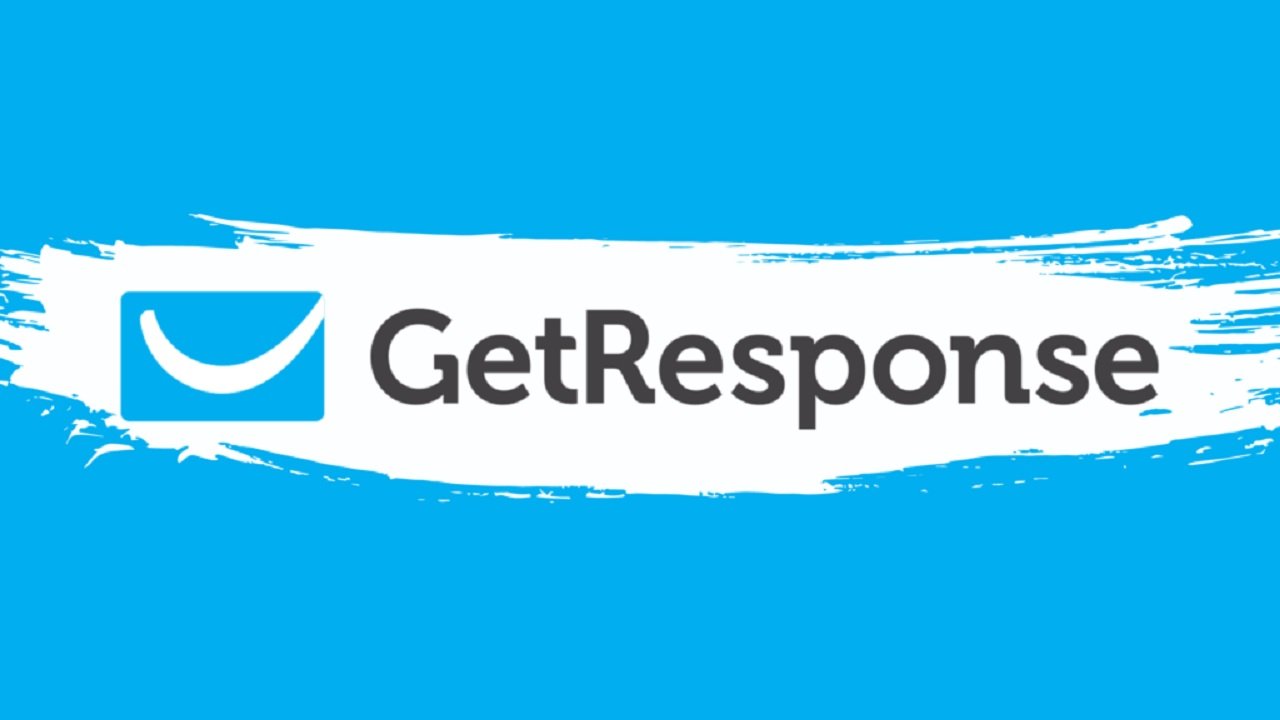
GetResponse is an all-in-one marketing automation platform that caters to businesses of all sizes. With its comprehensive set of features, GetResponse simplifies the process of executing effective marketing campaigns and automating repetitive tasks.
When automation drives lead generation and sales, ensuring that order fulfillment keeps pace is essential—especially for ecommerce businesses. That’s where integrating a powerful shipping software for an ecommerce business can play a crucial role in maintaining customer satisfaction and operational efficiency. Let’s delve into the features, pros, cons, and pricing options of GetResponse.
Key Features:
GetResponse offers a wide range of features to enhance marketing automation efforts:
- Email Marketing: Create content and send personalized email campaigns, automate follow-ups, and analyze email performance.
- Landing Page Creation: Design visually appealing landing pages to capture leads and drive conversions.
- Webinar Hosting: Conduct webinars and engage with your audience in real-time to share valuable content.
- Marketing Automation Workflows: Build automated workflows to nurture leads and guide them through the sales funnel.
- LSI Keyword Analysis: Perform keyword analysis for content optimization and improved search engine visibility.
Pros:
GetResponse provides several advantages for businesses seeking efficient marketing automation tools:
- User-Friendly Interface: GetResponse offers an intuitive interface that makes it easy for users to navigate and utilize the platform effectively.
- All-in-One Solution: GetResponse provides a comprehensive suite of tools, eliminating the need for multiple software solutions.
- Template Library: Access a vast library of pre-designed templates for emails, landing pages, and webinars.
- Automation Capabilities: Automate repetitive marketing tasks, such as email follow-ups and lead nurturing, to save time and effort.
- Responsive Customer Support: GetResponse offers responsive customer support to assist users with any inquiries or issues.
Cons:
While GetResponse is a powerful marketing automation platform, there are a few considerations to note:
- Advanced Customization: Advanced customization options may be limited compared to other platforms.
- Pricing Tiers: As your subscriber list grows, the pricing can become relatively higher.
- Learning Curve: Certain features may require a learning curve for users who are new to marketing automation.
Pricing Options:
GetResponse offers various pricing plans based on the number of subscribers and the features you require:
- Basic: The Basic plan starts at $15 per month and includes essential features for businesses, starting with email marketing and automation.
- Plus: Priced at $49 per month, the Plus plan provides additional functionality, including webinar hosting and automation builders.
- Professional: Starting at $99 per month, the Professional plan offers advanced features for businesses looking to scale.
- Max: The Max plan, priced on a custom basis, provides enterprise-level solutions tailored to specific business needs.
ConvertKit: Empowering Content Creators with Marketing Automation Tools
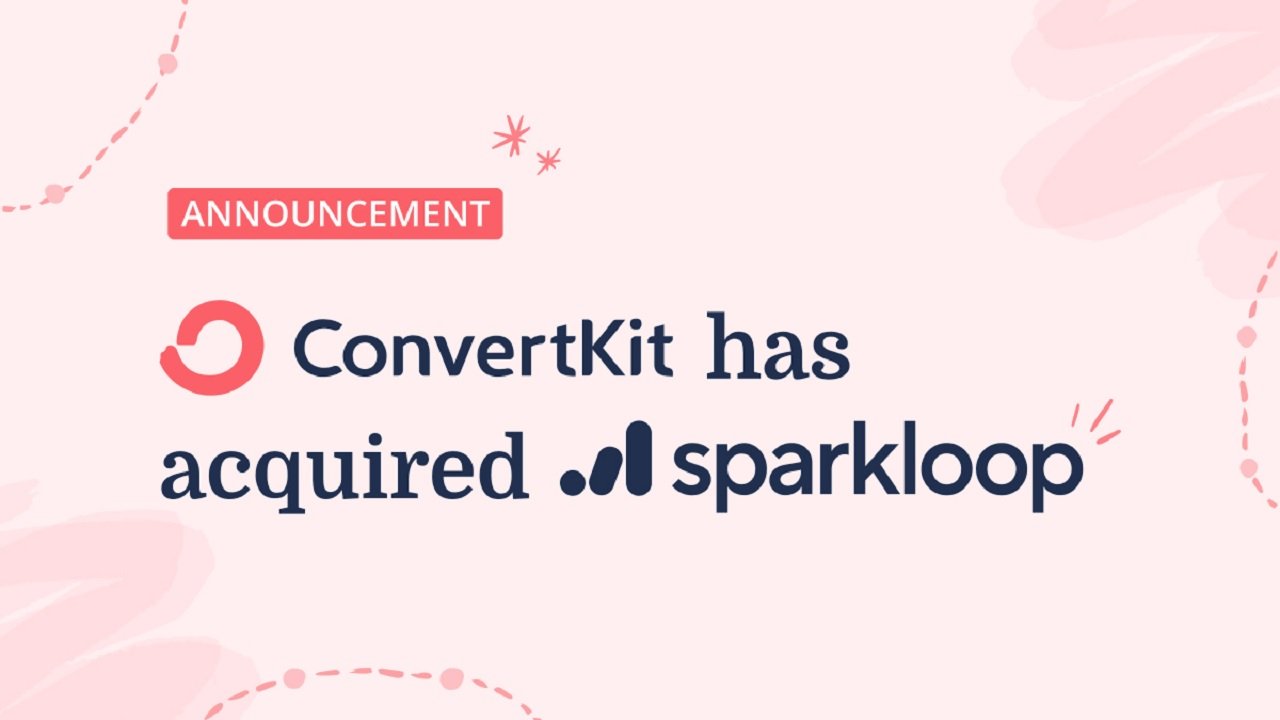
ConvertKit is a popular system in marketing automation tools, specifically designed for content creators and bloggers. With its range of features and intuitive interface, ConvertKit simplifies the process of creating and automating email campaigns. Let’s explore the features, pros, cons, and pricing options of ConvertKit.
Key Features:
ConvertKit offers several key features to enhance marketing automation efforts for content creators:
- Email Marketing: Create visually appealing and personalized email campaigns to engage with your audience.
- Landing Page Creation: Design and publish attractive landing pages to capture leads and promote content.
- Customizable Forms: Create forms to collect information from your audience and build your subscriber list.
- Sequences and Automation: Set up automated email sequences to nurture leads and deliver targeted content.
- LSI Keyword Analysis: Analyze and optimize content using LSI keywords to improve search engine visibility.
Pros:
ConvertKit provides numerous advantages for content creators seeking efficient marketing automation tools:
- User-Friendly Interface: ConvertKit offers a simple and intuitive interface that is easy to navigate and use.
- Focus on Content Creators: The platform caters specifically to the needs of content creators and bloggers.
- Customization Options: ConvertKit allows for extensive customization of forms, emails, and landing pages.
- Tagging and Segmentation: Easily tag and segment your audience based on interests and actions.
- Automation Capabilities: Automate repetitive tasks and sequences to save time and increase efficiency.
Cons:
While ConvertKit offers many benefits, there are a few considerations to keep in mind:
- Limited Advanced Features: Compared to other platforms, ConvertKit may have limited advanced functionalities.
- Pricing Tiers: As your subscriber list grows, the pricing can become relatively higher.
- Learning Curve: Beginners may require time to fully grasp and utilize all of the platform’s features.
Pricing Options:
ConvertKit offers pricing based on the number of subscribers you have:
- 0-1k subscribers: Starting at $29 per month, this plan covers up to 1,000 subscribers and includes all features.
- 1k-3k subscribers: Priced at $49 per month, this plan covers 1,000 to 3,000 subscribers and includes all features.
- 3k-5k subscribers: Starting at $79 per month, this plan covers 3,000 to 5,000 subscribers and includes all features.
Keap: Simplifying Small Business Marketing Automation
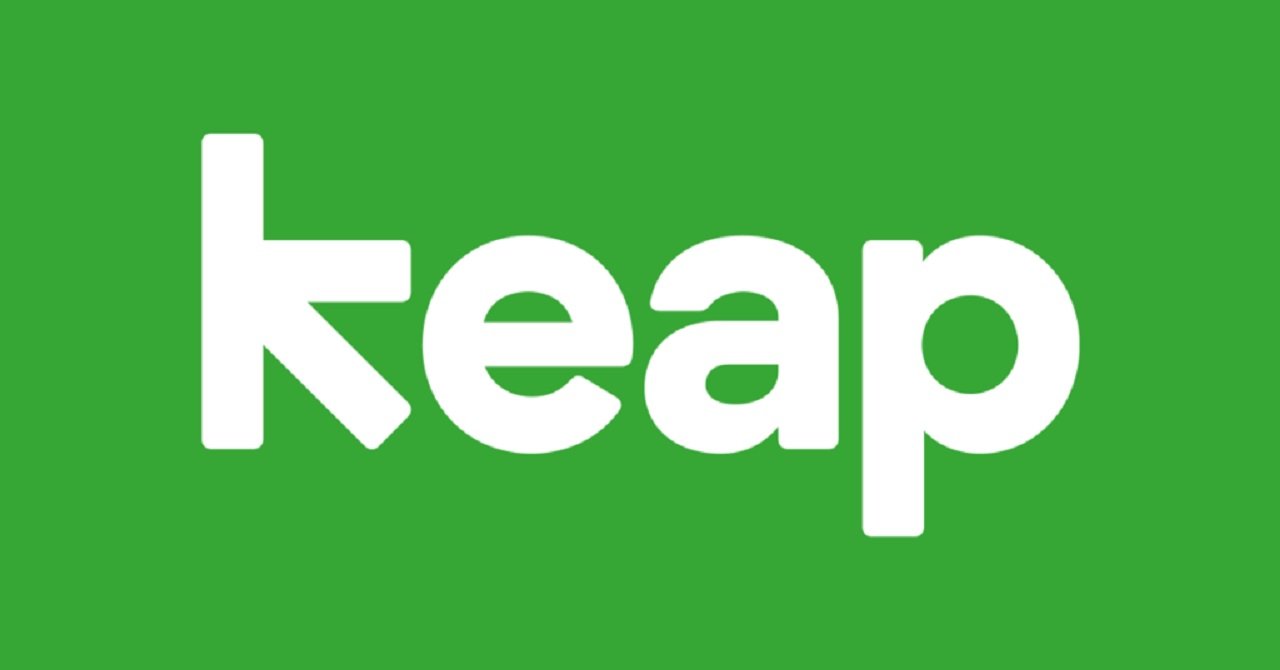
Keap is a comprehensive solution in marketing automation tools designed specifically for small businesses. With its range of features and user-friendly interface, Keap simplifies the process of managing contacts, automating marketing campaigns, and driving growth. Let’s explore the features, pros, cons, and pricing options of Keap.
Key Features:
Keep offers a variety of features to enhance small business marketing automation efforts:
- Contact Management: Organize and manage customer information, track interactions, and segment contacts.
- Email Marketing: Create and send personalized email campaigns, automate follow-ups, and track email performance.
- Appointment Scheduling: Streamline appointment bookings and manage calendars for service-based businesses.
- Sales Pipeline Management: Track and manage leads and opportunities, ensuring efficient sales processes.
- LSI Keyword Analysis: Perform keyword analysis for content optimization and improved search visibility.
Pros:
Keap provides several advantages for small businesses seeking effective marketing automation tools:
- User-Friendly Interface: Keap offers an intuitive and easy-to-use interface, making it accessible for users of all skill levels.
- All-in-One Solution: Keap provides a comprehensive suite of tools, eliminating the need for multiple software solutions.
- Contact Management: Centralize customer information, track interactions, and segment contacts for targeted marketing.
- Automation Capabilities: Automate repetitive tasks, such as follow-ups and appointment reminders, to save time and increase efficiency.
- Customer Support: Keap offers responsive customer support to assist users with any inquiries or issues.
Cons:
While Keap offers numerous benefits, there are a few considerations to keep in mind:
- Pricing: Keap’s pricing may be relatively higher for smaller businesses with limited budgets.
- Learning Curve: Some features may require a learning curve for users who are new to marketing automation.
- Advanced Customization: Advanced customization options may be limited compared to other platforms.
Pricing Options:
Keap offers various pricing plans to accommodate different business needs:
- Keap Grow: Starting at $79 per month, Keap Grow provides essential features for small businesses.
- Keap Pro: Priced at $149 per month, Keap Pro offers additional functionality, including advanced automation and integrations.
- Keap Max: The Keap Max plan provides custom pricing and advanced features tailored to specific business needs.
Sendinblue: Simplifying Marketing Automation for Businesses
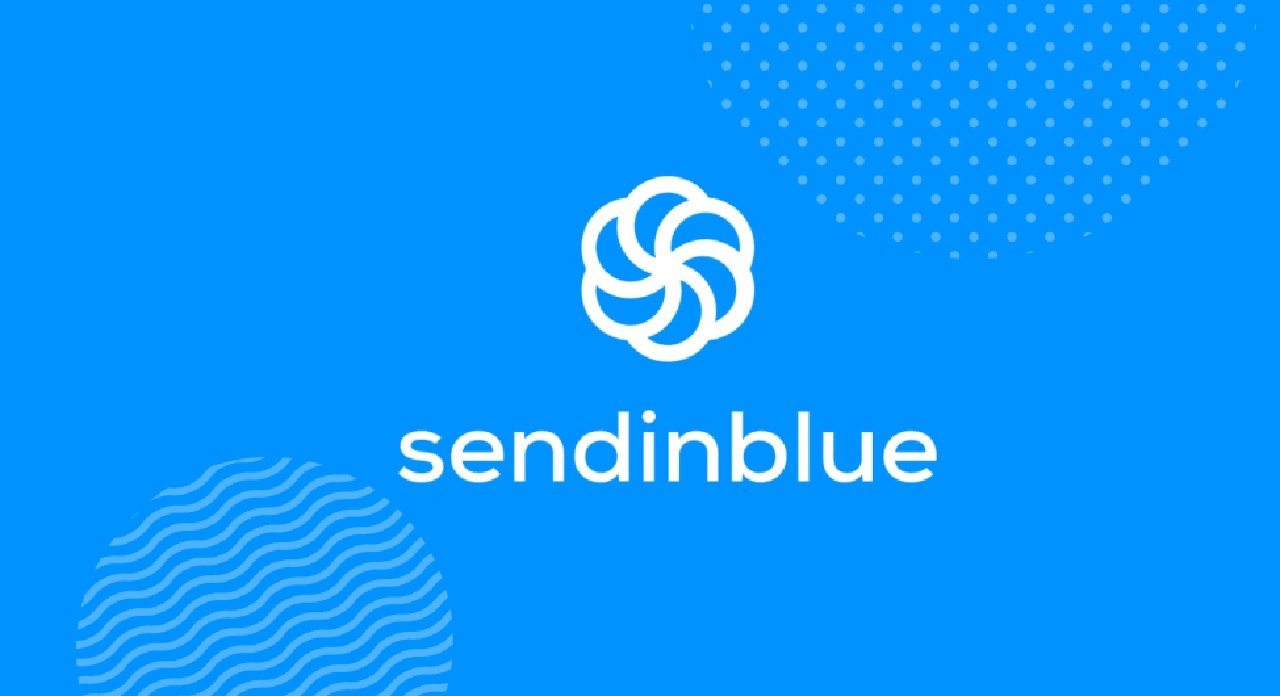
Sendinblue is a comprehensive tool in marketing automation tool that empowers businesses with a range of features to streamline their marketing efforts and engage with their audience effectively. Let’s explore the features, pros, cons, and pricing options of Sendinblue.
Key Features:
Sendinblue offers a variety of features to enhance marketing automation efforts:
- Email Marketing: Create and send personalized email campaigns, automate follow-ups, and track email performance.
- SMS Marketing: Reach your audience through SMS messages, allowing for broader communication channels.
- Marketing Automation Workflows: Build automated workflows to nurture leads and guide them through the customer journey.
- CRM Integration: Seamlessly integrate with popular CRMs for enhanced data management and lead tracking.
- LSI Keyword Analysis: Analyze and optimize content using LSI keywords to improve search engine visibility.
Pros:
Sendinblue provides several advantages for businesses seeking efficient marketing automation tools:
- User-Friendly Interface: Sendinblue offers an intuitive and user-friendly interface that simplifies the marketing automation process.
- Multichannel Marketing: Reach your audience through email campaigns, SMS messages, and other communication channels.
- Affordable Pricing: Sendinblue offers cost-effective pricing plans suitable for businesses of all sizes.
- Customization Options: Customize email templates, landing pages, and forms to align with your brand identity.
- Automation Capabilities: Automate repetitive tasks and workflows to save time and improve efficiency.
Cons:
While Sendinblue offers numerous benefits, there are a few considerations to keep in mind:
- Advanced Customization: Advanced customization options may be limited compared to other platforms.
- Learning Curve: Some features may require a learning curve for users who are new to marketing automation.
- Reporting and Analytics: The reporting and analytics features may be less comprehensive compared to other tools.
Pricing Options:
Sendinblue offers various pricing plans to accommodate different business needs:
- Free: The Free plan includes basic features, making it suitable for businesses with limited marketing requirements.
- Lite: Starting at $25 per month, the Lite plan offers additional features and is ideal for small businesses.
- Essential: Priced at $39 per month, the Essential plan provides advanced functionality for growing businesses.
- Premium: The Premium plan offers additional features and custom pricing for larger organizations.
Read Also: Best 8 Keyword Tracking Tools for SEO Excellence
LeadSquared: Empowering Marketing Automation for Businesses
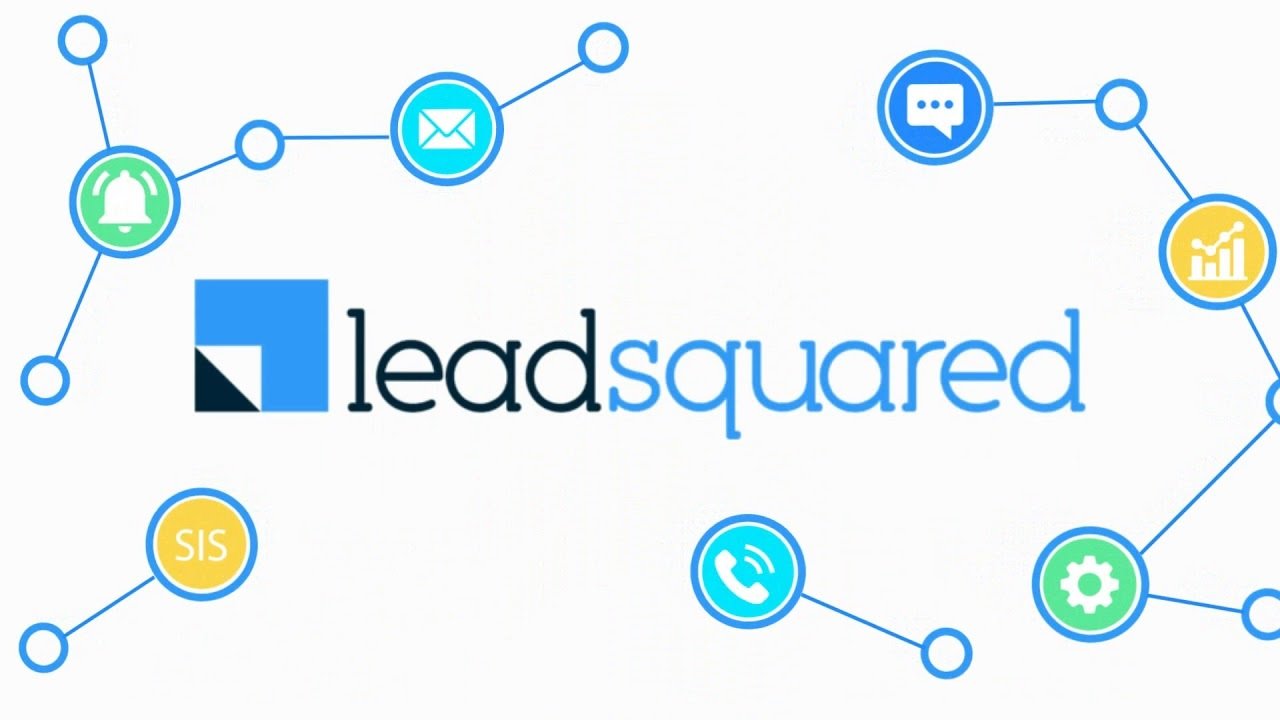
LeadSquared is a powerful tool in the list of marketing automation tools that provide businesses with a comprehensive set of features to streamline their marketing efforts and drive growth. Let’s explore the features, pros, cons, and pricing options of LeadSquared.
Key Features:
LeadSquared offers a range of features to enhance marketing automation efforts:
- Lead Management: Capture, track, and manage leads throughout the sales funnel for efficient lead nurturing.
- Email Marketing: Create and send personalized email campaigns, automate follow-ups, and track email performance.
- Marketing Analytics: Gain insights into campaign performance, track ROI, and optimize marketing strategies.
- CRM Integration: Seamlessly integrate with popular CRMs for enhanced lead management and customer insights.
- LSI Keyword Analysis: Conduct keyword analysis to optimize content and improve search engine visibility.
Pros:
LeadSquared provides several advantages for businesses seeking effective marketing automation tools:
- Robust Lead Management: LeadSquared offers comprehensive lead management capabilities to track and nurture leads effectively.
- User-Friendly Interface: The platform provides an intuitive interface that simplifies navigation and use.
- Advanced Email Marketing: Create personalized email campaigns, automate workflows, and analyze performance.
- Customization Options: LeadSquared allows for the customization of forms, landing pages, and emails to align with brand identity.
- Scalability: The platform can scale with your business, accommodating the growing needs of your marketing efforts.
Cons:
While LeadSquared offers numerous benefits, there are a few considerations to keep in mind:
- Learning Curve: The platform may require a learning curve for users who are new to marketing automation.
- Pricing: LeadSquared’s pricing may be relatively higher for small businesses or startups with limited budgets.
- Limited Integrations: The range of integrations with third-party tools may be more limited compared to other platforms.
Pricing Options:
LeadSquared offers pricing plans tailored to business needs:
- Standard: The Standard plan provides basic features and is suitable for small businesses with limited requirements.
- Enterprise: The Enterprise plan offers advanced functionality, custom pricing, and dedicated support for larger organizations.
Factors to Consider When Choosing Marketing Automation Tools
When selecting a tool from marketing automation tools for your business, there are several factors to consider:
- Integration capabilities: Ensure that the tool integrates smoothly with your existing systems and platforms.
- Ease of use: Look for a tool with a user-friendly interface and intuitive features.
- Scalability and flexibility: Consider your future growth and choose a tool that can adapt to your evolving needs.
- Customer support: Evaluate the level of customer support provided by the tool’s vendor.
- Pricing and ROI: Compare pricing options and assess the potential return on investment.
Conclusion
In conclusion, 2023 introduces a variety of powerful and easy-to-use content marketing tools designed to help businesses simplify their marketing strategies. Platforms like HubSpot, Mailchimp, ActiveCampaign, and Marketo Engage stand out as top choices, offering a wide range of features to enhance your content marketing efforts.
Whether you’re looking to automate campaigns, analyze performance, or engage your audience, these content marketing tools provide everything you need to succeed. Choose the right tool, and watch your marketing efforts transform!
Among them, HubSpot stands out as one of the best marketing automation tools due to its comprehensive suite of features, user-friendly interface, extensive integrations, and vibrant community support.
However, the choice of the best tool ultimately depends on the specific needs and goals of your business. Have you used any of these marketing automation tools? Share your experiences and feedback in the comments below, and don’t forget to share this post with others who may benefit from it.

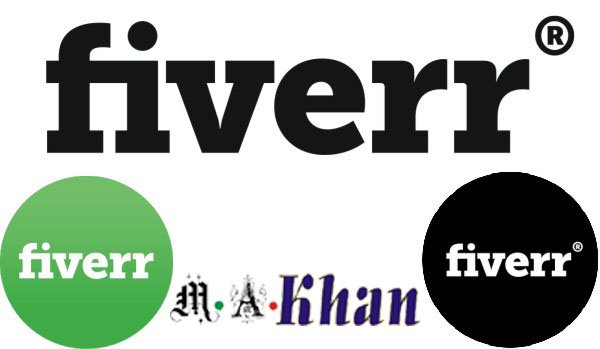

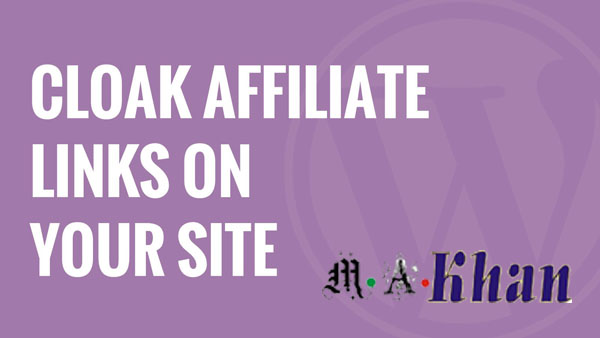

Pingback: Master Email Marketing: Mailchimp Automation Guide -
Pingback: HubSpot Marketing Automation Ultimate Best Guide - MA Khan